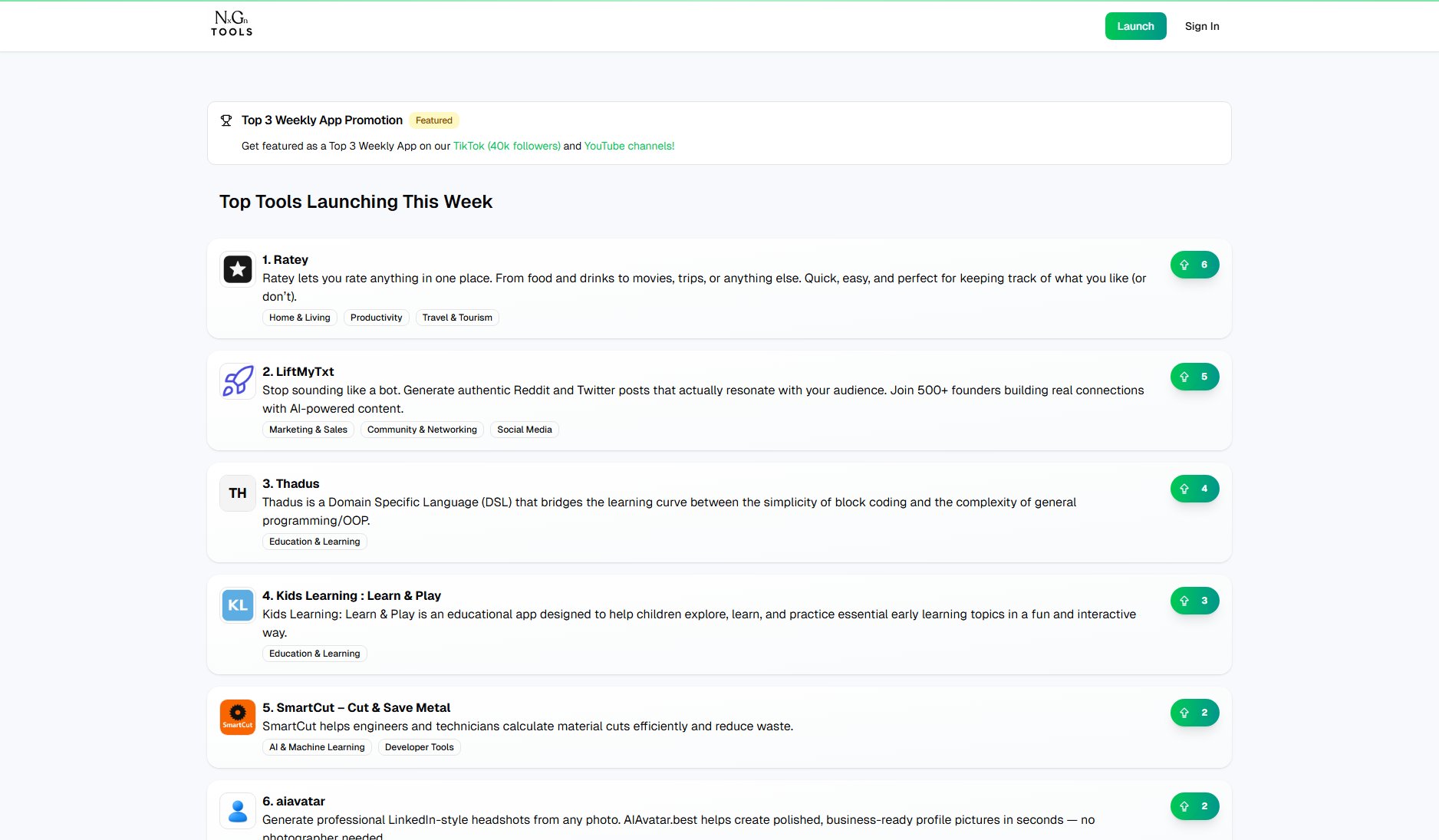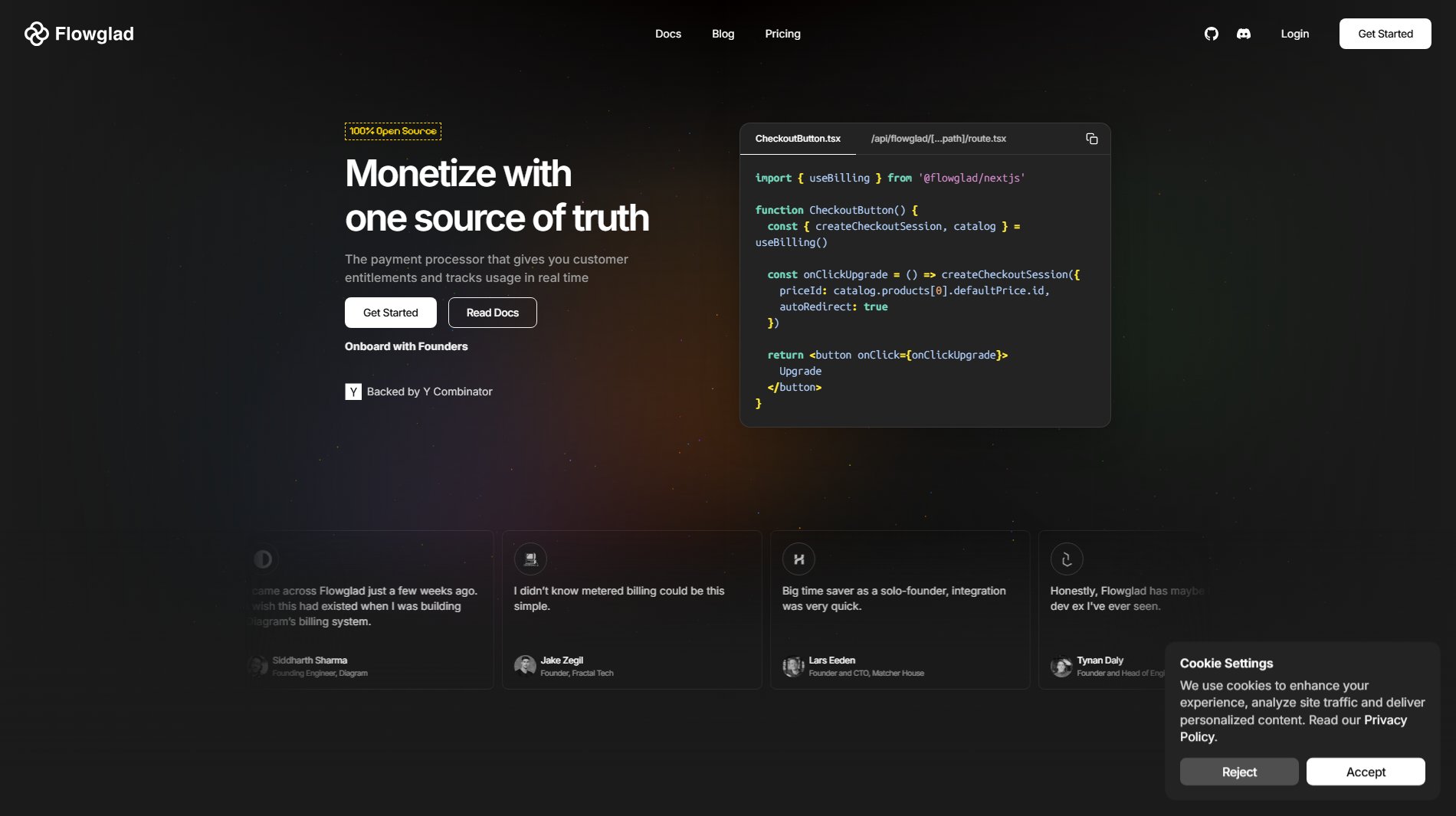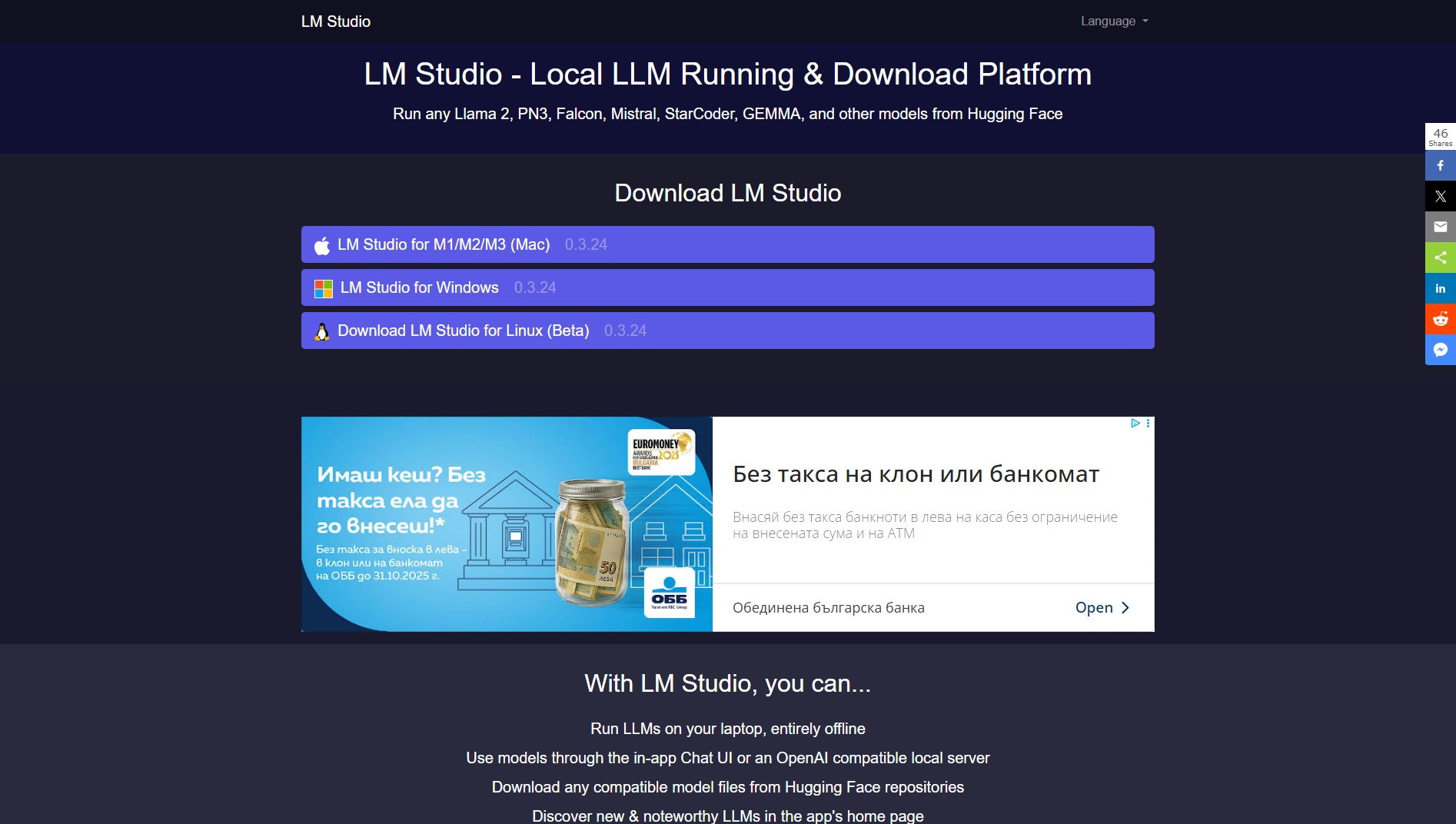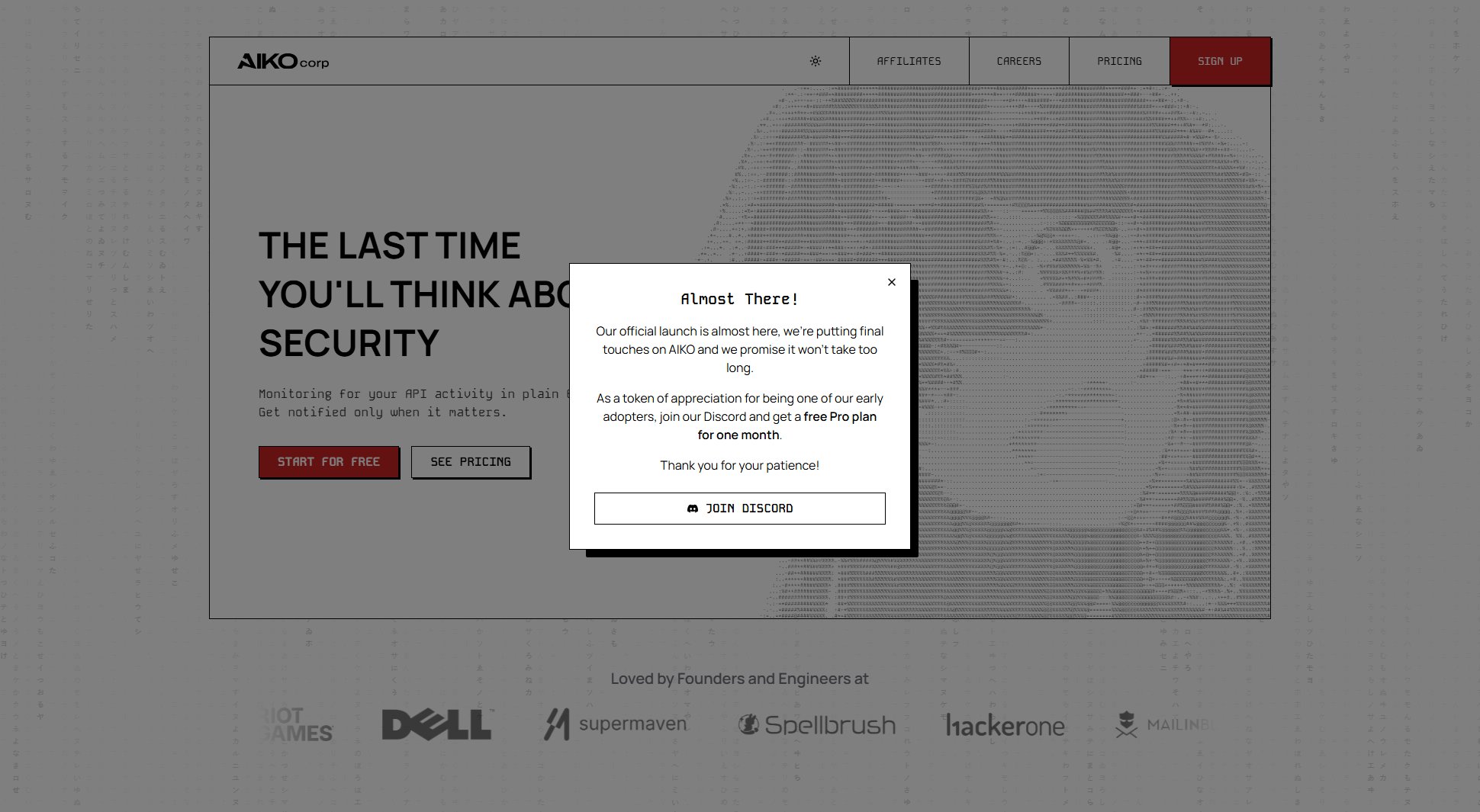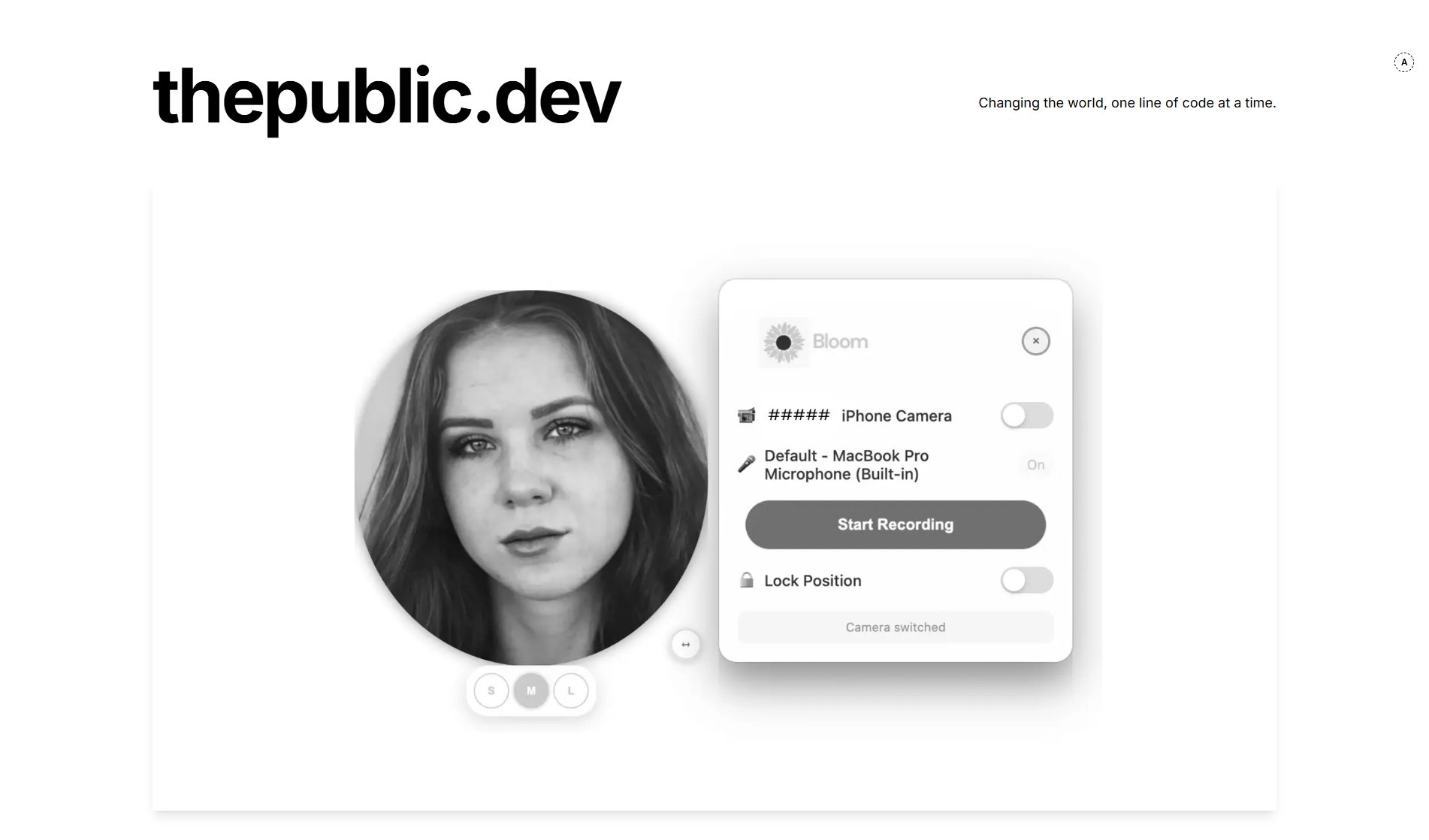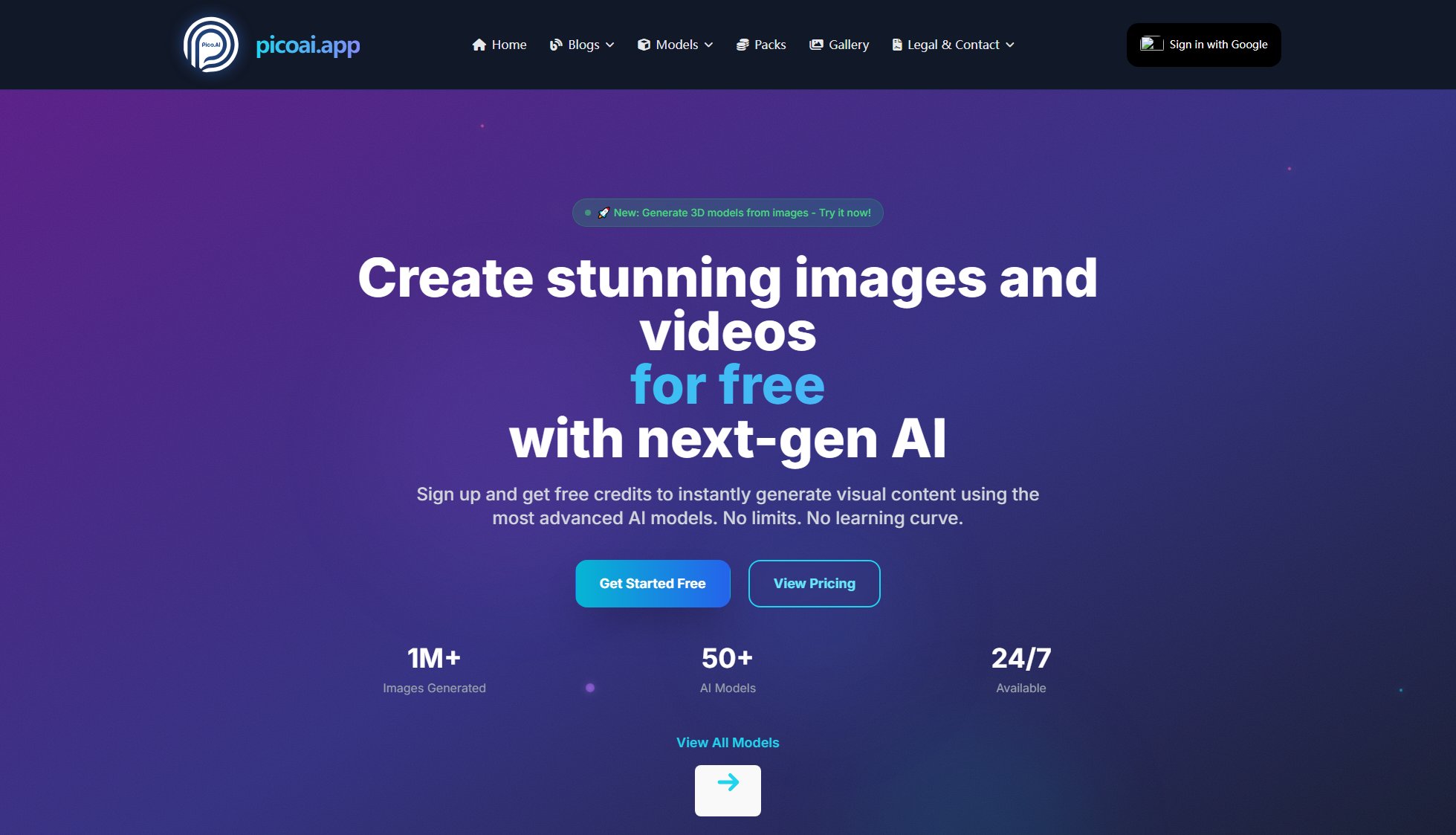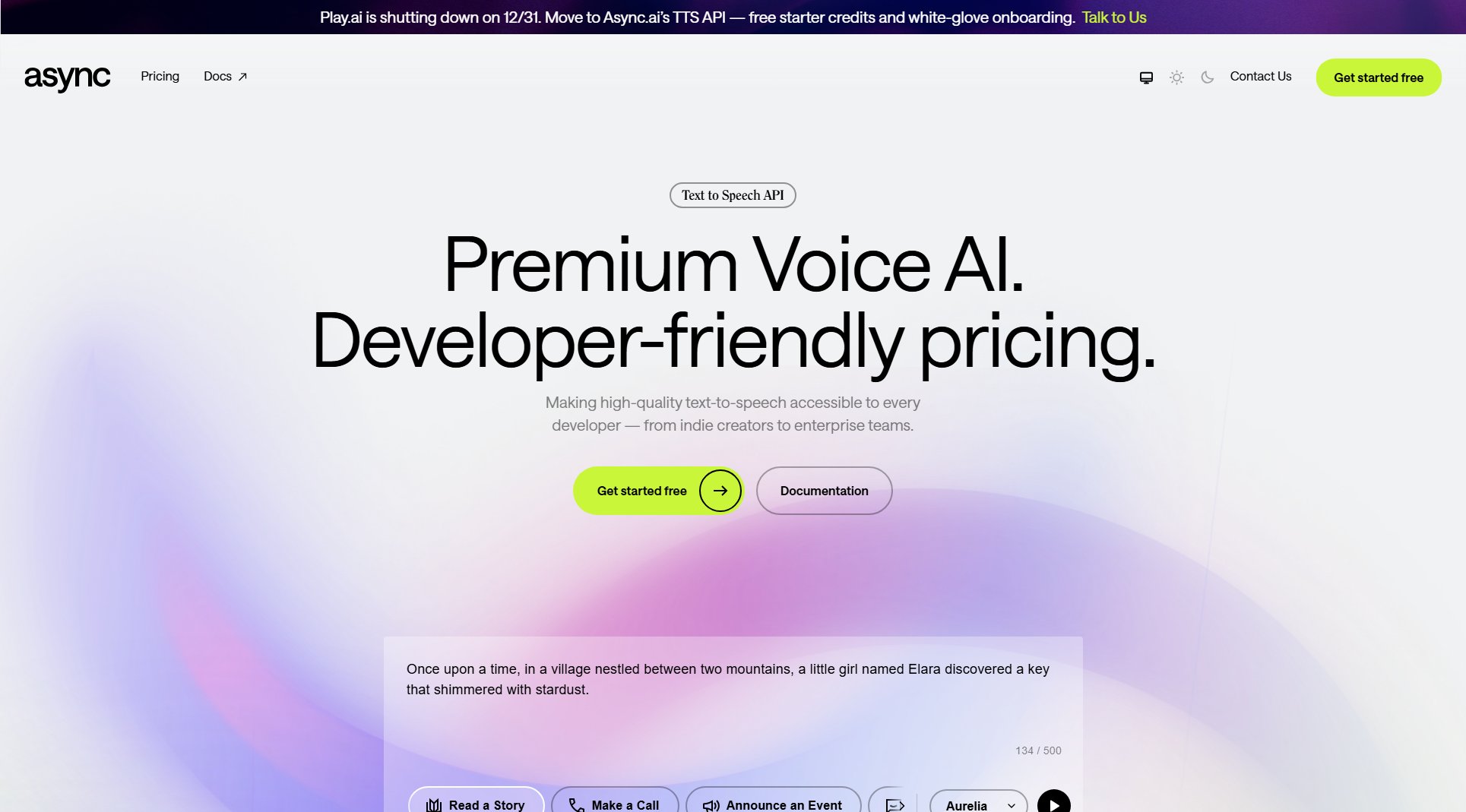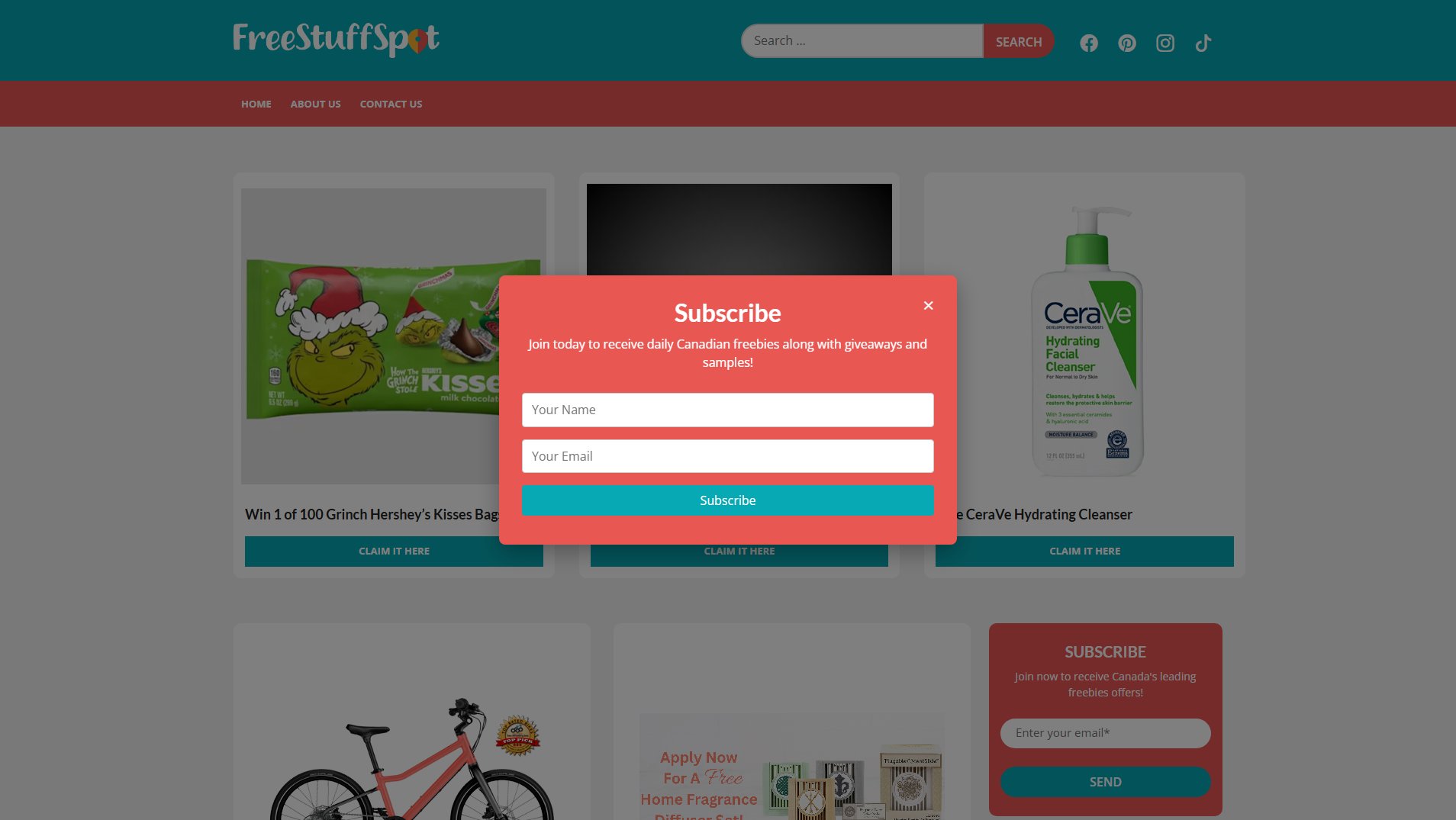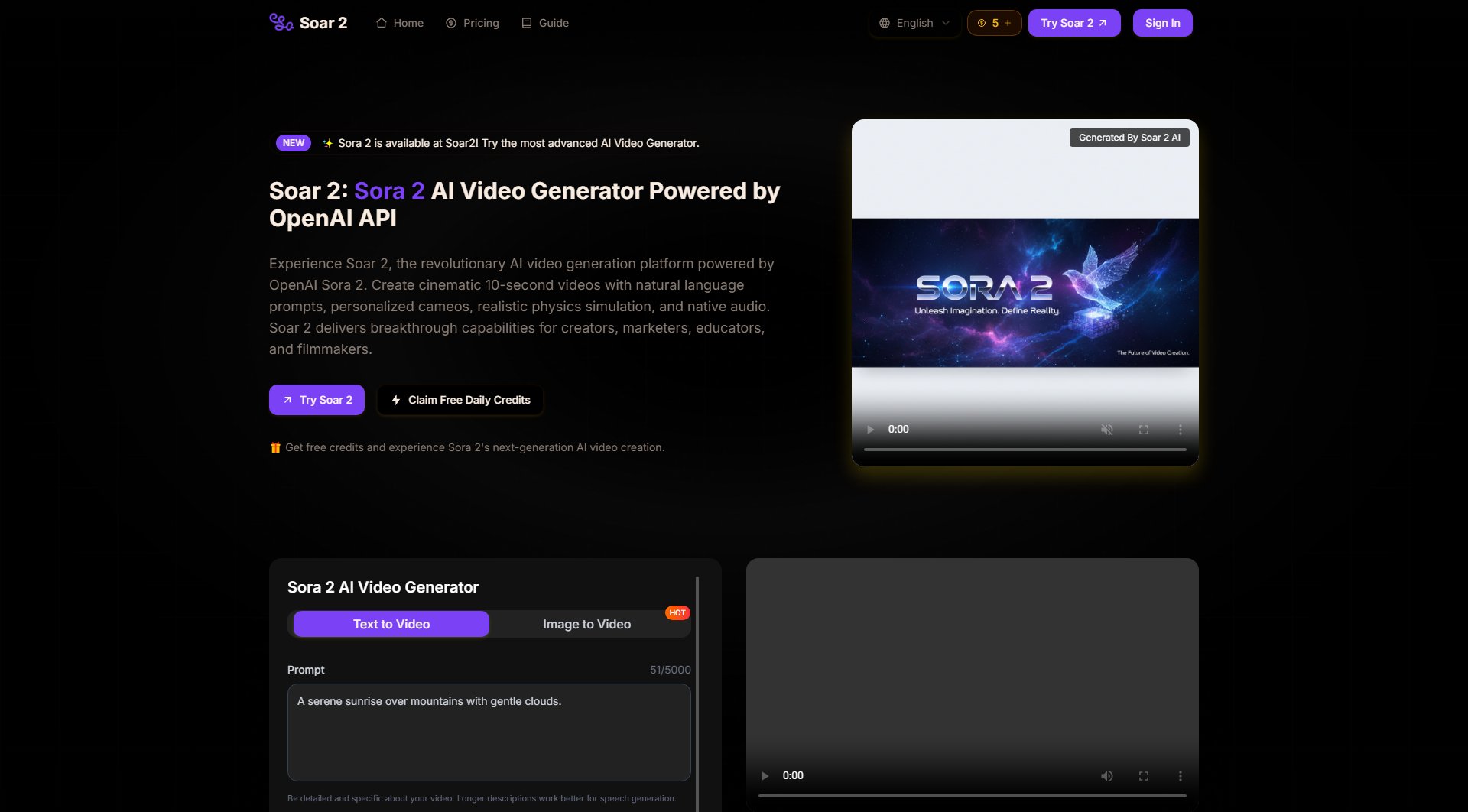Flags SDK
Open-source feature flags for Next.js & SvelteKit
What is Flags SDK? Complete Overview
Flags SDK is a free, open-source library designed to simplify the implementation of feature flags in Next.js and SvelteKit applications. It serves as a toolkit that sits between your application and your flag provider, ensuring best practices while maintaining optimal performance. The SDK is particularly useful for developers looking to ship features faster, conduct A/B testing, and manage controlled rollouts with confidence. Its target audience includes frontend developers, product teams, and enterprises that require flexible feature management solutions without vendor lock-in. With support for App Router, Pages Router, and Edge Middleware, Flags SDK offers seamless integration for modern web frameworks.
Flags SDK Interface & Screenshots
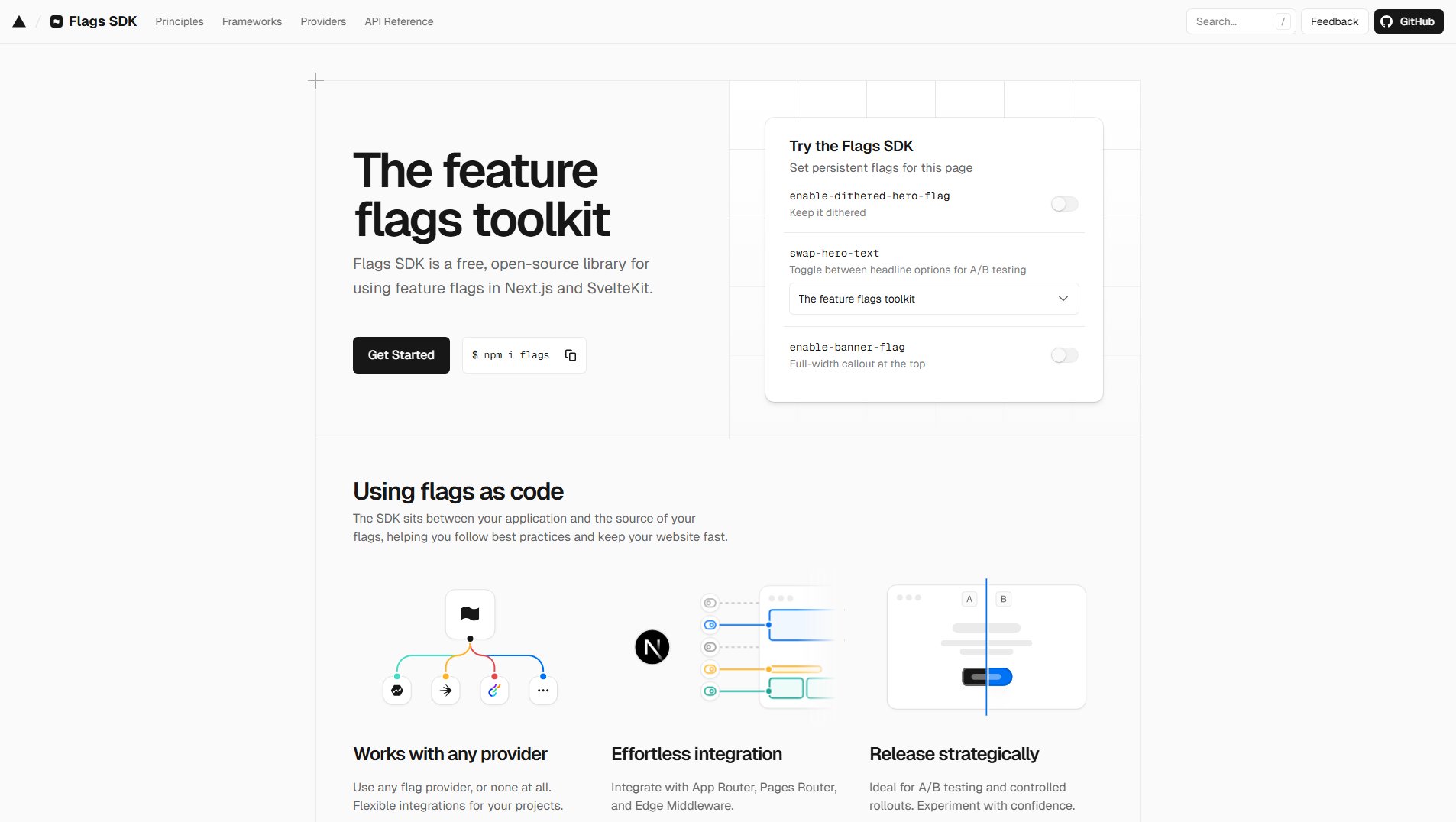
Flags SDK Official screenshot of the tool interface
What Can Flags SDK Do? Key Features
Provider Agnostic
Flags SDK works with any feature flag provider or none at all, offering unparalleled flexibility. This means you can integrate it with your existing flag management system or use it standalone, making it suitable for projects of all sizes and requirements.
Next.js & SvelteKit Support
Designed specifically for Next.js and SvelteKit, the SDK provides effortless integration with App Router, Pages Router, and Edge Middleware. This ensures compatibility with your preferred framework setup, reducing setup time and technical debt.
Strategic Release Control
Ideal for A/B testing and controlled rollouts, Flags SDK allows you to experiment with new features safely. You can toggle features for specific user segments, monitor performance, and roll back changes instantly if needed.
Declarative API
With a simple and intuitive API, defining and using feature flags becomes straightforward. The declarative approach ensures that your code remains clean and maintainable, while still offering powerful flag evaluation capabilities.
Performance Optimized
Flags SDK is built with performance in mind, ensuring that feature flag evaluations do not impact your application's speed. It minimizes overhead and leverages modern JavaScript practices to keep your site fast and responsive.
Best Flags SDK Use Cases & Applications
A/B Testing
Use Flags SDK to test different versions of a webpage or feature with distinct user segments. For example, toggle between headline options to determine which performs better in terms of engagement or conversion rates.
Controlled Rollouts
Gradually release new features to a subset of users to monitor performance and gather feedback before a full rollout. This minimizes risk and ensures stability by catching issues early.
Feature Toggling
Quickly enable or disable features in production without redeploying your application. This is useful for temporary features, emergency rollbacks, or seasonal campaigns.
How to Use Flags SDK: Step-by-Step Guide
Install the SDK via npm by running `npm i flags` in your project directory. This will add the Flags SDK to your dependencies, making it ready for use in your Next.js or SvelteKit application.
Define your feature flags using the declarative API. Create a flags file (e.g., `flags.ts`) and declare your flags with keys and evaluation logic. For example, a flag could return `true` or `false` based on a random value for A/B testing.
Import and use the flags in your application components. In your page or component files, import the flag and evaluate it to conditionally render content or enable features based on the flag's value.
Deploy your application with the flags in place. The SDK ensures that flags are evaluated consistently across environments, reducing the risk of discrepancies between local, staging, and production environments.
Flags SDK Pros and Cons: Honest Review
Pros
Considerations
Is Flags SDK Worth It? FAQ & Reviews
Yes, Flags SDK is completely free and open-source. You can use it in any project without incurring costs.
Flags SDK is specifically optimized for Next.js and SvelteKit. While it might work with other frameworks, its features and integrations are tailored for these two.
Absolutely. Flags SDK is provider-agnostic and can be used standalone or integrated with any flag provider of your choice.
The SDK is designed to minimize performance overhead, ensuring that feature flag evaluations do not slow down your application. It leverages modern JavaScript practices for optimal speed.
Support is available through the GitHub repository and community forums. Since the SDK is open-source, you can also contribute to its development.
